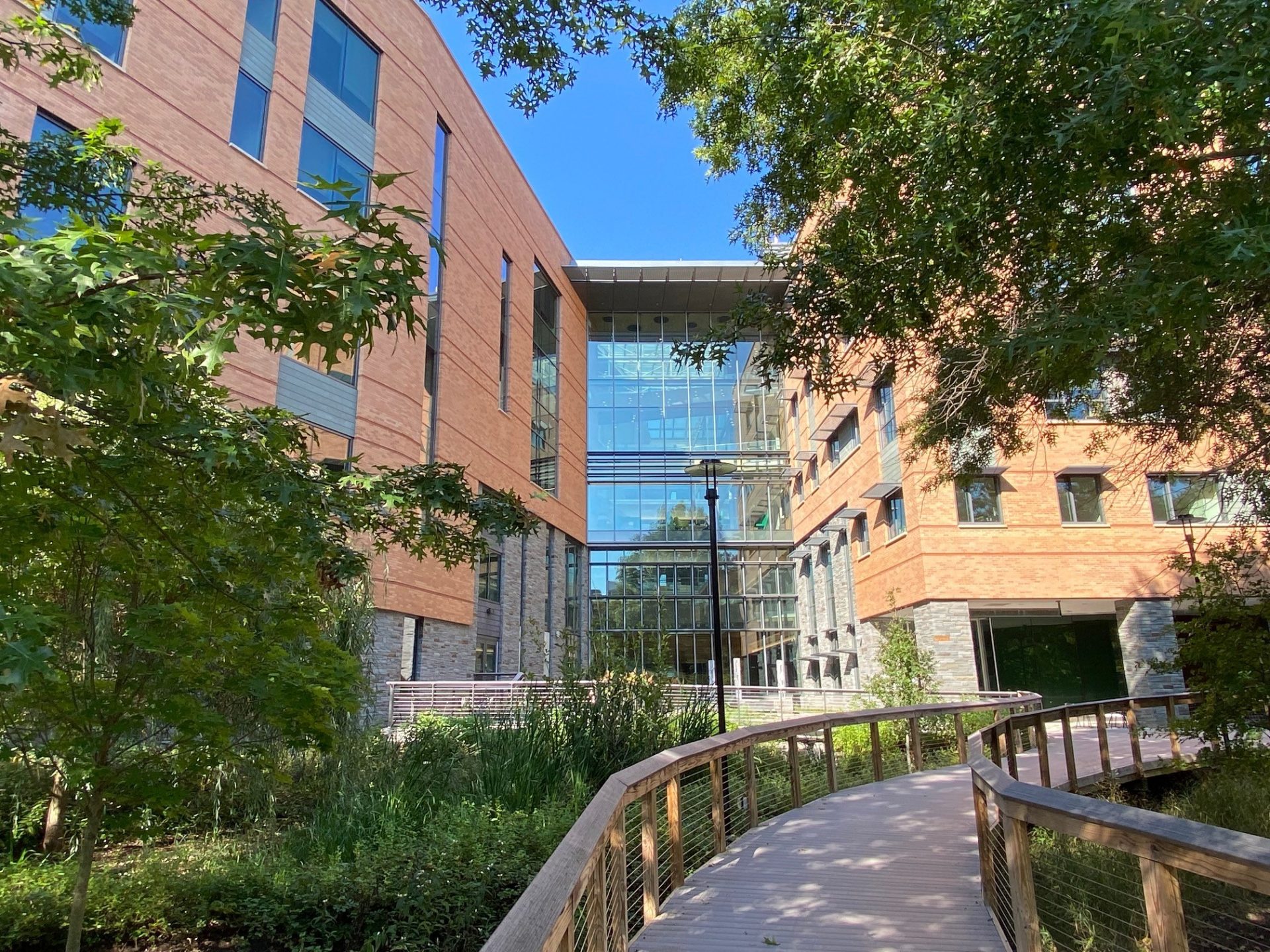News Story
Clark School welcomes Dr. William Regli

Clark School Dean Darryll Pines has named William Regli as the sixth director of the Institute for Systems Research (ISR), effective January 2018. Regli, an ISR alumnus, received his Ph.D. in Computer Science from the University of Maryland in 1995.
Regli comes to the Clark School from the Defense Advanced Research Projects Agency (DARPA), where he most recently served as Acting Director of the Defense Sciences Office. Previously he was on faculty in the Computer Science Department at Drexel University.
During his time at DARPA, Regli led initiatives in advanced robotics, design and manufacturing, social systems, machine learning and human-machine teaming. His previous research spans a range of technical areas; most recently he has been focused on advancing the use of lightweight semantic models to solve problems in content-centric networking, metadata extraction and labeling, and supply-chain interoperability.
Regli also has held positions with Lockheed Martin’s Advanced Technology Labs, AT&T Laboratories, and Carnegie Mellon University. In addition to DARPA, his government service includes time with the National Institute of Standards and Technology as well as a scientific adviser role for the U.S. Department of Energy in the Defense Programs Office of the National Nuclear Security Administration.
“I’m thrilled to be returning to Maryland,” Regli said. “This is a very special homecoming for me: from DARPA, which supported my work as a graduate student, to the Institute for Systems Research. ISR is in a fantastic position to play a central role in the intellectual life of the campus during this exciting time in the life of the university and the Clark School.”
The Institute for Systems Research was founded in 1985 as one of the original six National Science Foundation Engineering Research Centers. ISR is a permanent institute of the University of Maryland, at the international forefront of interdisciplinary research and education in the system sciences and systems engineering. It is home to nearly 80 faculty and other researchers from 14 departments and four colleges across the university. ISR develops both basic solution methodologies and tools for systems problems in a variety of different areas. Current research areas include communication systems and networks, computing and artificial intelligence, neuroscience and biology-based technology, micro and nano devices, control systems and methodologies and robotics.
Published February 6, 2018









